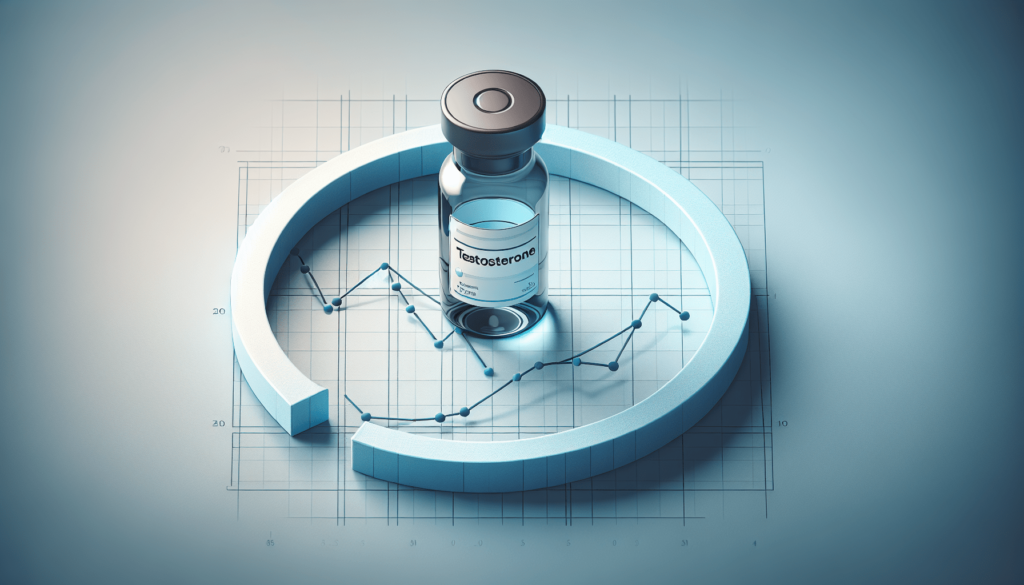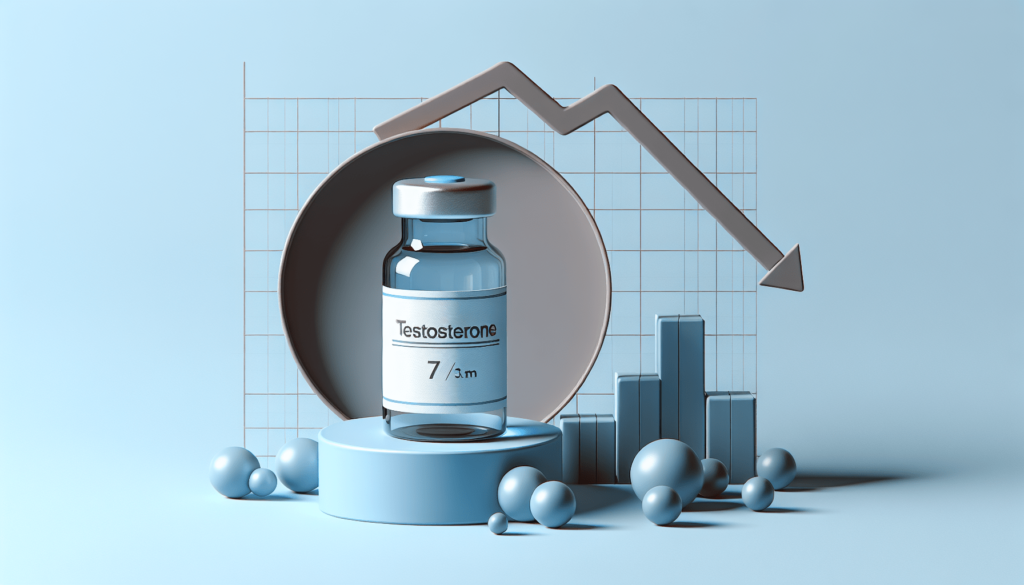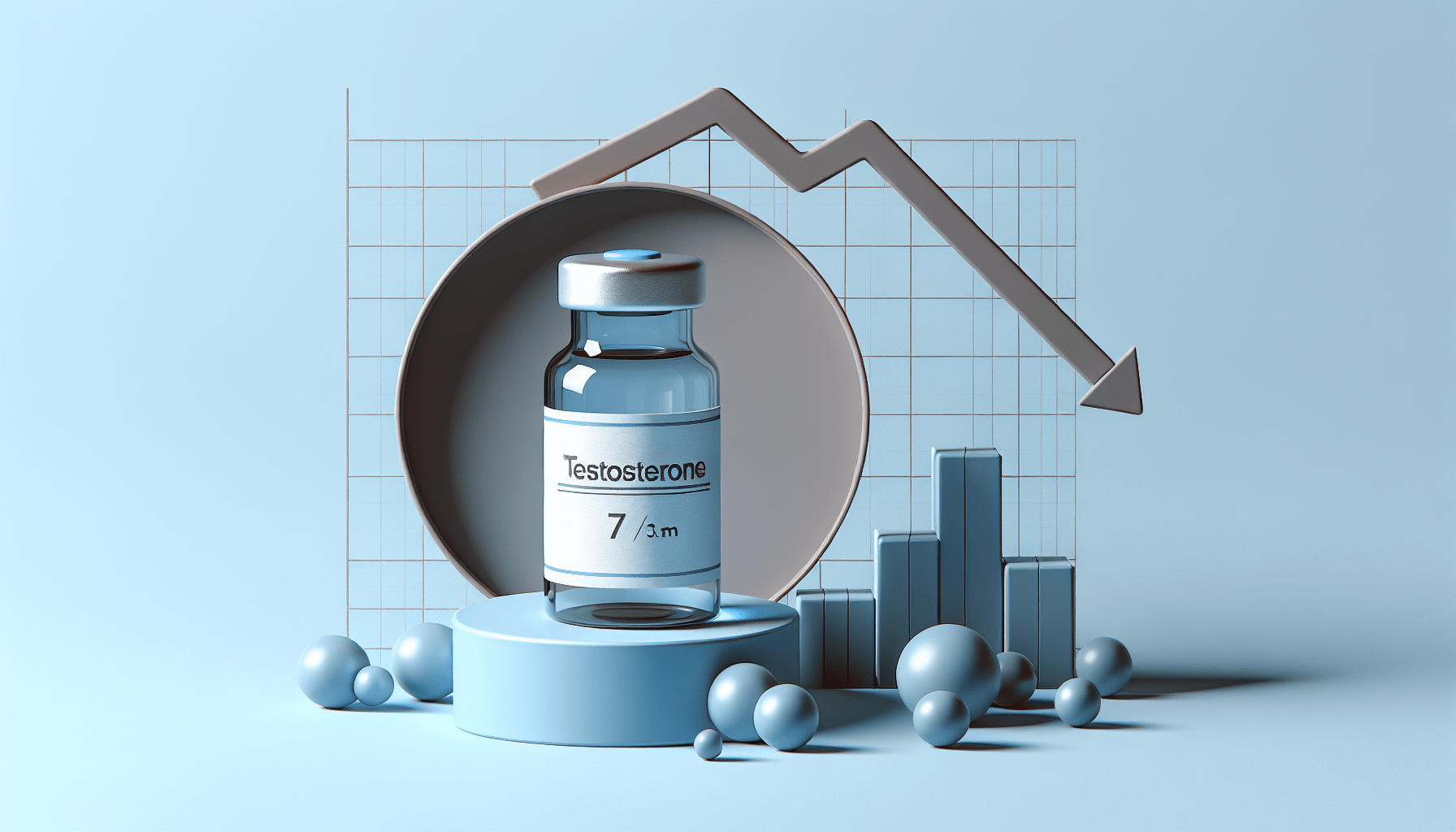Did you know that average testosterone levels have been declining for decades? Today, we’re discussing daily habits that unknowingly destroy testosterone, a vital hormone for both men and women. Your daily routines may be sabotaging your hormonal health without you even realizing it. We’ll be exploring the habits that kill testosterone levels and how you can combat them to boost your hormonal health.
Your diet and lifestyle habits play a crucial role in affecting testosterone levels. Processed foods, sugars, and alcohol can lower testosterone, while soy products and opioids may also impact hormone levels. Additionally, a sedentary lifestyle, excessive exercise, lack of quality sleep, anabolic steroids, and certain medications can all contribute to lower testosterone levels. By making changes to your diet, exercise routine, Stress management, and seeking professional guidance, you can effectively combat these testosterone killers and optimize your hormonal health.

Decline in Testosterone Levels
Testosterone, a vital hormone that plays an essential role in both men and women, has been experiencing a decline in average levels over the past few decades. This decrease raises concerns about overall health and well-being, as testosterone impacts various bodily functions.
Factors Contributing to the Decline
Multiple factors contribute to the decline in testosterone levels observed in recent years. Diet and lifestyle habits play a significant role in this decline. The consumption of processed foods, sugars, and alcohol has been linked to lower testosterone levels. Additionally, the use of soy products and opioids may also negatively impact testosterone levels.
Environmental factors may also play a role in the decrease in testosterone levels. Endocrine disruptors found in plastics, personal care products, and even the air we breathe can mimic or interfere with our body’s natural hormones, disrupting the delicate balance that regulates testosterone production.
Importance of Testosterone
Testosterone is crucial for both men and women, influencing everything from muscle mass and bone density to mood and energy levels. Maintaining healthy testosterone levels is vital for overall well-being, and being aware of factors that can affect testosterone levels is essential.
Role in Bodily Functions
Testosterone plays a vital role in various bodily functions, including muscle growth, bone density, libido, and overall energy levels. It is a key hormone that contributes to physical and mental well-being, making it essential to prioritize its maintenance.
Factors Affecting Testosterone Levels
Several lifestyle and environmental factors can influence testosterone levels, affecting overall health and hormonal balance. Understanding these factors and their impact on testosterone production is crucial for optimizing health.
Dietary Habits
Dietary habits such as consuming processed foods, sugars, and alcohol have been linked to lower testosterone levels. Opting for whole foods over processed options, moderating alcohol intake, and being mindful of soy consumption can help maintain healthy testosterone levels.
Lifestyle Choices
A sedentary lifestyle and excessive exercise can disrupt hormonal balance. Staying active and finding a balance in your workout routine, including proper rest and recovery time, is essential for maintaining healthy testosterone levels. Quality sleep is another critical factor that impacts testosterone production.
Medications and Substances
The use of anabolic steroids or certain medications can lower testosterone levels. Anabolic steroids, used by some for muscle gain, can lead to a significant decrease in natural testosterone production. Long-term use of opioids is also known to reduce testosterone levels, affecting overall hormonal balance.
Physical Factors Affecting Testosterone
Body composition and injuries can influence testosterone production, emphasizing the importance of maintaining a healthy weight and protecting against injuries during physical activities. Body fat, especially around the abdomen, can impact hormone balance by converting testosterone into estrogen.

Psychological Factors Affecting Testosterone
Stress and environmental factors have an influence on hormone levels, especially cortisol, the body’s primary stress hormone. Chronic stress can lead to elevated cortisol levels, inhibiting testosterone production and disrupting overall hormonal balance.
Tips to Boost Testosterone
Boosting testosterone levels can be achieved through various strategies, including dietary supplements, regular exercise, stress management techniques, and seeking professional guidance if needed. Incorporating these tips into your daily routine can support optimal testosterone production and overall well-being.
Dietary Supplements
Incorporating dietary supplements that promote healthy testosterone levels, such as vitamin D and zinc, can help support hormonal balance and optimize testosterone production.
Regular Exercise
Engaging in regular exercise, including strength training and cardiovascular activities, can enhance hormonal balance and promote healthy testosterone levels.
Stress Management
Practicing stress management techniques, such as meditation, yoga, and deep breathing exercises, can support optimal testosterone production and overall well-being.
Professional Guidance
Seeking professional guidance from healthcare providers or specialists can help address hormonal imbalances effectively and develop a personalized plan to optimize testosterone levels.

Conclusion
Maintaining healthy testosterone levels is essential for overall well-being, as this vital hormone plays a crucial role in various bodily functions in both men and women. Being aware of factors that can affect testosterone levels and implementing strategies to support its production is crucial for achieving optimal health and hormonal balance. Prioritizing a healthy lifestyle, including dietary choices, exercise, stress management, and professional guidance, can help Boost testosterone levels and promote overall well-being.
